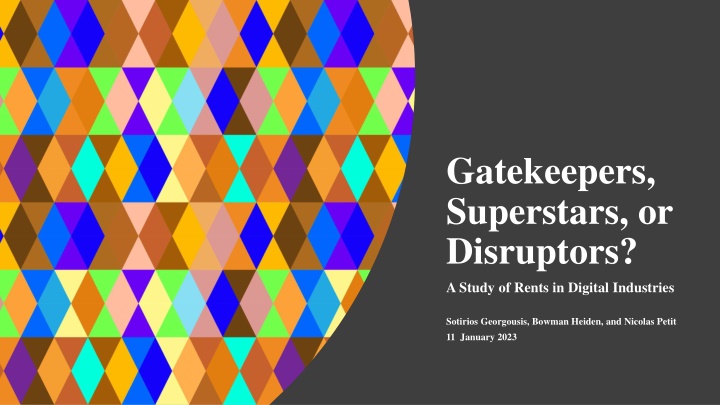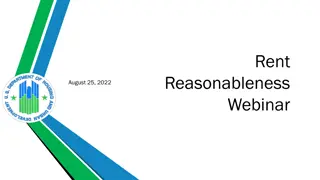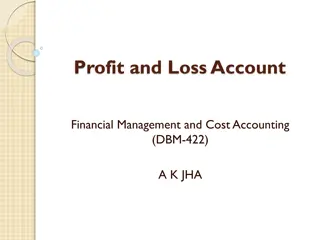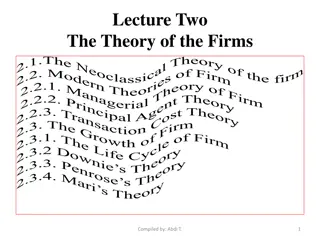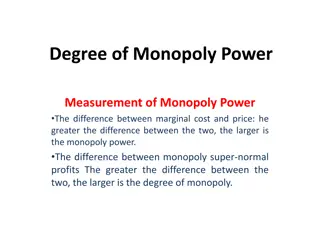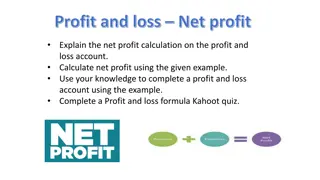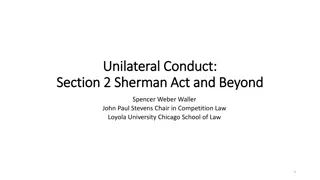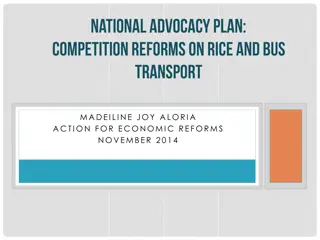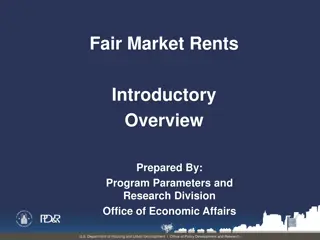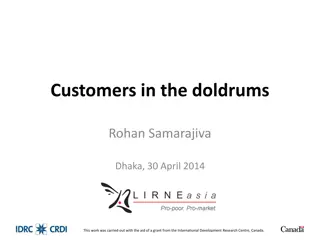Rents in Digital Industries: Monopoly Power and Profit Theory
This study examines the presence of monopoly power, Ricardian rents, and Schumpeterian rewards in digital industries. It explores hypotheses on profits, firm-level differences, and policy implications. The research delves into factors impacting rents persisting amidst changing market dynamics and the role of innovation in rent maintenance. Testing for multi-modal rents and entry markups using US Census Bureau data provide valuable insights into the economic landscape of digital firms.
Download Presentation

Please find below an Image/Link to download the presentation.
The content on the website is provided AS IS for your information and personal use only. It may not be sold, licensed, or shared on other websites without obtaining consent from the author.If you encounter any issues during the download, it is possible that the publisher has removed the file from their server.
You are allowed to download the files provided on this website for personal or commercial use, subject to the condition that they are used lawfully. All files are the property of their respective owners.
The content on the website is provided AS IS for your information and personal use only. It may not be sold, licensed, or shared on other websites without obtaining consent from the author.
E N D
Presentation Transcript
Gatekeepers, Superstars, or Disruptors? A Study of Rents in Digital Industries Sotirios Georgousis, Bowman Heiden, and Nicolas Petit 11 January 2023
Economic theory of profits and rents: monopoly power, Ricardian rents, and Schumpeterian rewards. Hypotheses and tests of rents that underpin the substantial and persistent profits of digital firms. Evidence of monopoly power hypothesis? Introduction Introduction Evidence of Ricardian rents by big tech firms? Evidence of Schumpeterian rewards in digital sub-industries? Policy interventions in a context of coexisting monopoly power, Ricardian rents, and Schumpeterian rewards.
M Multi ulti- -modal modal theory of theory of economic economic rent rent
Monopoly power Limited entry Ricardian rents Rent differentials amongst digital firms Rents persisting with increasing industry output Rent maintenance in the face of decreasing prices Schumpeterian rewards Firm level differences in levels of reallocation to invention through R&D and earnings retention choices Testing for Testing for multi multi- -modal modal rents rents
Testing for monopoly power Entry Markups
Testing for Ricardian rents Total factor productivity Intra sub industry differentials
Testing for Schumpeterian rewards All monopoly rents fall in long term under conditions of free entry, all Schumpeterian rewards dissipate in long term under conditions of free innovation A profit maximizing monopolist will expend resources to maintain rent in long term; a profit maximizing disruptor will spend resources to renew its rent in the long term What is monopoly v Schumpeterian spending? Different types of expenditure Expenses related to control of entry Lobbying Collusion M&A w/ potential competitors Expenses unrelated to entry conditions (indeterminate effect) R&D, retained earnings? Ratio of monopoly v Schumpeterian spending in each firm? Data strategy & work still ongoing
Upcoming work Rate of entry and market participation in industries other than ICT? Ricardian rents across sub industries? Schumpeterian rents?
In the long-run, companies are all dead What should policymakers do in the short to mid-term? How can policy be crafted to enhance welfare given multi-modal rents? Are persistent Ricardian rents a problem? Policy Policy Discussion Discussion
